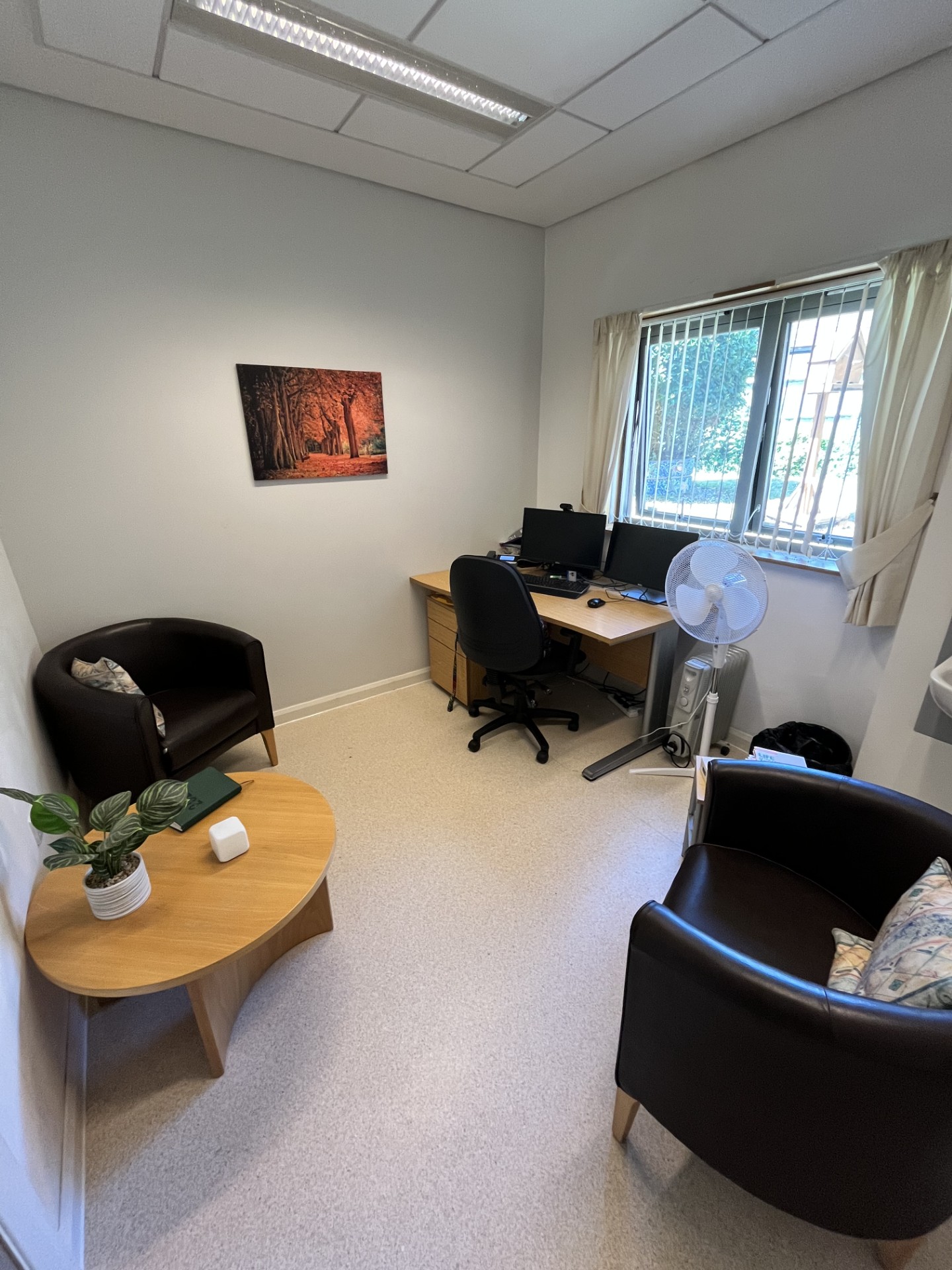East Kent Hospitals' counselling and support services for cancer patients
Information and guidance for patients and carers living with cancer
Many people living with cancer, and the people who share their lives, experience physical and emotional changes. These changes can sometimes be difficult to manage.
These difficulties can be linked to:
the disease itself;
the treatment; or
the everyday changes to life that can become necessary.
Even during periods of remission, uncertainty often remains.
It is not always easy to talk about these worries. Sometimes it is hardest to share them with those who are closest to you.
What is counselling?
It is rare that we find time for ourselves, or someone who really listens to what we have to say. Counselling can offer us both.
Talking to a trained counsellor who is not personally involved, can give us the space we need to untangle thoughts, feelings, and ideas. You can turn to us at any stage. This can be after diagnosis, during treatment, or even after your treatment has finished.
The counselling service is built on experience, understanding, and trust. It has for many people been an important first step in regaining control of their lives.
How can I recognise the symptoms of anxiety / depression?
Constant worrying thoughts
Dizziness
Breathlessness
Palpitations
Irritability
Sleep disruption
Indigestion
Diarrhoea
Chest pain
Loss of confidence
Loss of interest
Restlessness and agitation
Difficulty making decisions
Avoiding people / social situations
You may have one or a more of the symptoms listed above. Talking to a counsellor or professional can help ease your anxiety / depression. They can refer you to a doctor, if needed.
How does counselling help?
Counselling can help you to:
make sense of your thoughts and feelings;
explore your options and find the way forward; and
find your own strength to face the future.
Is counselling confidential?
Yes. With a few exceptions, counselling is confidential. These exceptions mostly relate to:
statutory disclosures required by law; or
if a counsellor becomes concerned about your safety and wellbeing.
Counsellors will be sensitive and discrete when sharing any information with the wider cancer team.
Where does counselling take place?

We offer counselling at the following hospitals.
Kent and Canterbury Hospital, Canterbury.
Queen Elizabeth the Queen Mother (QEQM) Hospital, Margate.
William Harvey Hospital, Ashford.
Counselling rooms are comfortable and quiet. We try to offer you an appointment time that is convenient for any other commitments you may have at the hospital.
Who will I see?
You will see a fully trained, qualified, and experienced counsellor. The counsellor understands and values the importance of building a trusting relationship with you.
How long will I need counselling?
This can vary. Some people only need a few sessions, whilst others may want more time and support in counselling. Your counsellor will discuss your particular needs with you.
What support is available?
There are many support services available for patients and carers.
First and foremost, your GP, clinical nurse specialist, or healthcare professional can assess your needs. They may be able to offer practical advice and support.
They may recommend options, such as guided self-help or exercise therapy.
If you and your healthcare professional feel it is needed, there are also a range of telephone and face-to-face options available.
This is a counselling service specifically for cancer patients. It is available at any point during your cancer pathway and afterwards.
If you would like to be referred for counselling, please speak to your clinical nurse specialist. They can be contacted on 01227 868666.
Services available for families and carers
GP funded counselling, please contact your GP
Dover Counselling Service
Telephone: 01304 204123Harmony Trust Counselling / Therapy
Telephone: 01795 663050Cruse Bereavement Care
Telephone: 08448 009104Hospice Patient and Carers
Telephone: 01843 233920Crossroads for Carers
Telephone: 08459 003735Macmillan Volunteer Helpers
Telephone: 08450 958000Macmillan Cancer Helpline
Telephone: 08088 080000Cancer Co-ordinator Line
Telephone: 01227 868666
What do you think of this leaflet?
We welcome feedback, whether positive or negative, as it helps us to improve our care and services.
If you would like to give us feedback about this leaflet, please fill in our short online survey. Either scan the QR code below, or use the web link. We do not record your personal information, unless you provide contact details and would like to talk to us some more.
If you would rather talk to someone instead of filling in a survey, please call the Patient Voice Team.
Patient Voice Team
Telephone: 01227 868605
Email